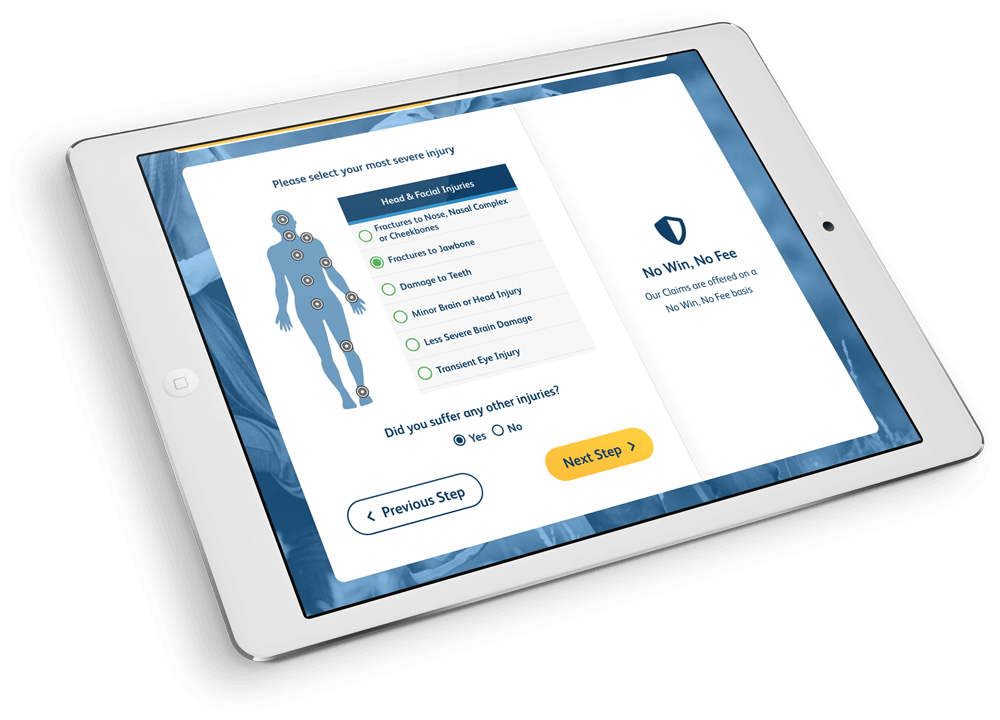A Guide to Clinical Negligence
When it comes to pursuing legal action, it can be a stressful experience whoever the claim is against, but when it involves someone in a position of respect and responsibility such as a GP or Hospital, it can feel even more daunting. Clinical Negligence Director, Carlos Lopez, a solicitor with 24 years’ experience in clinical negligence tell us the type of questions people often have before starting a claim.
What is a Clinical Negligence claim?
Clinical Negligence claims can occur when a hospital, doctor or other health care professional, through a negligent act or omission, causes an injury to a patient. The negligence might be the result of errors in diagnosis, a failure to refer, treatment, aftercare or health management.
What types of injuries or cases involve Clinical Negligence?
Any injury caused by a medical practitioner, GP, nurse or dentists could constitute a clinical negligence claim. Common examples include:
- Injury leading to death
- Incorrect prescriptions
- Injury caused during pregnancy and birth
- Delay in diagnosing or treating cancer
- Sepsis
- Injury caused in surgery
- Nerve damage
- Incorrect dental treatment
- Incontinence and urological issues
- Gynaecological injury, including incorrect cervical smear results
If I speak to a solicitor at Hampson Hughes, what will it cost me?
We offer a free initial telephone or face to face interview. If we accept your case, we will, in most cases offer you a No Win No Fee, which means that in the event that you lose your case, you pay us nothing.
If you win, we will recover most of our costs from the Defendants. You may have insurance in place already to bring a claim and we will always make enquiries on your behalf.
I feel guilty suing the NHS…
We are all really proud of our NHS but sadly things do go wrong. By bringing a claim and complaining you ensure that the GP or Hospital’s compliance and legal teams investigate the circumstances.
Often lessons are learnt and procedures changed. However, in reality bringing a claim is often about recovering compensation, which will help support a claimant financially through illness and assist with care, housing and adaptations which may be required to an existing home.
I have lost a loved one, can I still claim…
A claim can be brought by the estate following the death of a loved one. The claim is brought either by an Executor, where there is a will or by a next of kin, who can apply for letters of administration, where no will exists. Compensation can include:
- Funeral expenses
- Bereavement damages
- Compensation for any period of pain and suffering by the deceased
- A dependency claim for spouse, civil partner or children
If I have been injured who do I speak to?
It is important to seek legal advice if you think you have a claim. However, it is also important to bring a complaint to the GP, Hospital or Dentist involved. Often details on how to complain can be found of the Organisations website, or in the case of GP and Dentists, by sending a letter to the Practice Manager.
If I complain will I be treated any differently?
Put simply no. You can expect to be treated without any prejudice after you have made a complaint. In our experience of dealing with thousands of claims, we have never experienced anyone treated negatively after making a complaint or bringing a case. Once a claim is notified, the claim is usually handled by a third party, so the defendant has little involvement.
Do’s and Don’t
Do’s
- Try to keep a diary of events and relevant discussions, if you can. As time goes on, memories fade and this will act as a useful reminder.
- Always complain in writing
- Keep a record of any travel or other expenses
- Keep a record of all the help and assistance provided by friends and family
- Keep positive – we are here to help you and can advise where you can seek other forms of treatment or support, if necessary.
Don’t
- Try not to be confrontational with medical staff. Whilst we understand the strains placed on you, the NHS has a zero tolerance policy and you may find the Trust or GP unwilling to speak to you. Its important that we find out what they have to say.
- Do not stop any treatment or cancel appointments. Your health is of utmost important. If you are worried about seeing the defendant, ask to change doctors or consultant. This is perfectly acceptable.
- Don’t be afraid to ask questions of those treating you. You should find out what additional treatment or action plan is needed to help improve your heath following the mistake.
Why should I instruct a specialist solicitor?
Clinical negligence claims are complicated. They should not be dealt with by Non-Clinical Negligence lawyers. Often Personal Injury lawyers agree to take on these types of claims. These cases involve specialist knowledge and expertise and you should only instruct a lawyer who has significant experience in Clinical Negligence work.
At Hampson Hughes, our staff have over 20 years’ experience at dealing with Clinical Negligence claims.
Our compassionate and experienced team of Clinical Negligence Solicitors are experts in this type of claim, offering sympathetic and highly professional advice about your case. We’re proud of our client satisfaction ratings and testimonials and always seek the best possible outcome for every individual we represent.





